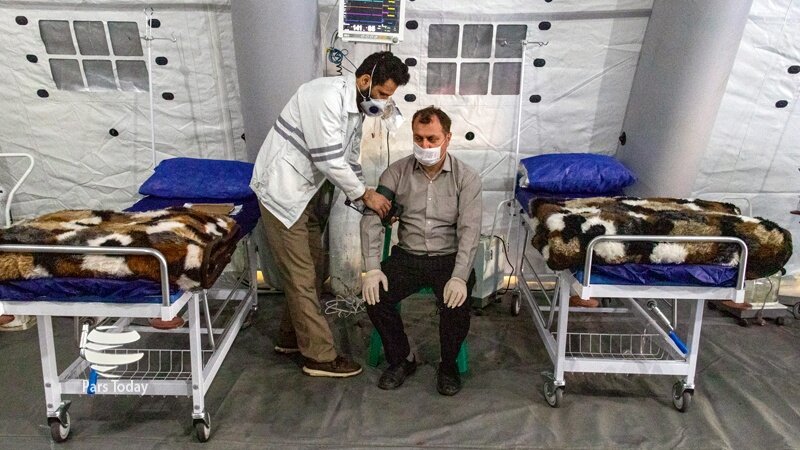Ministry of Health plans to reduce premature deaths by 25%

TEHRAN – The Ministry of Health is implementing a plan aiming to decrease premature deaths caused by non-communicable diseases (NCDs) by 25 percent over the course of five years.
The document for the prevention and control of non-communicable diseases, which began in 2014, was focusing on the control of the four major cardiovascular diseases, diabetes, cancer, and chronic respiratory diseases.
Under the document, 13 goals were set to be achieved by 2025 to reduce premature deaths from non-communicable diseases by 25 percent.
On the other hand, risk factors related to these diseases, including sedentary lifestyle, obesity, poor nutrition, and smoking were also considered.
This is one of the most unique documents, according to which services related to non-communicable diseases have been provided, in addition to the screening of some cancers including cervical, breast, and colon cancers.
The plan is currently being implemented in a population of 50,000 people by 63 universities, of which about 3.2-3.5 million people are involved in the project, which was started last week and its implementation process will begin on September 23.
Although achieving the goals of this plan will take some time, we hope to be able to report on the progress of its success by the end of the year.
Programs following this plan were started, such as newborn hearing screening and genetic programs.
In 2018, we succeeded in receiving a certificate to eliminate trachoma; with the start of the country's health networks, this disease, which was once the first cause of blindness in the country, was eliminated with the appropriate services provided, Alireza Mahdavi, an official with the ministry of health said.
Referring to the national campaign for controlling hypertension, he said that more than 30 million people over the age of 30 in the country were screened and referred to a doctor in case of high blood pressure.
Another national survey to assess the quality of diabetes care has been conducted over the past two years, but due to the prevalence of coronavirus, the final phase remains incomplete to some extent, and we hope to achieve the results in the fall, he said.
Pointing to the programs to control musculoskeletal diseases, Mahdavi noted that the program to determine the risk of bone fractures has been finalized but its services have been suspended due to the pandemic.
On the other hand, programs to ban the promotion of products that are harmful to health have been on our agenda, he concluded.
Over 304,000 premature deaths caused by NCDs in Iran
Non-communicable diseases (NCDs) in Iran account for 82 percent of all deaths. Over the past 20 years, deaths caused by NCDs have risen by 14.5 percent. In 2016, 304,400 premature deaths caused by NCDs in Iran, according to WHO.
Cardiovascular diseases have the highest share of 43 percent in the total deaths caused by NCDs.
Some 0.5 percent of premature deaths happen before the age of 70 and 2 percent before the age of 50.
Premature deaths worldwide
According to the WHO, NCDs including heart disease, stroke, cancer, diabetes, and chronic lung disease, are collectively responsible for almost 70 percent of all deaths worldwide. Almost three-quarters of all NCD deaths, and 82 percent of the 16 million people who died prematurely, or before reaching 70 years of age, occur in low- and middle-income countries.
Children, adults, and the elderly are all vulnerable to the risk factors contributing to NCDs, whether from unhealthy diets, physical inactivity, and exposure to tobacco smoke or the harmful use of alcohol.
These diseases are driven by forces that include rapid unplanned urbanization, globalization of unhealthy lifestyles, and population aging. NCDs threaten progress towards the 2030 Agenda for Sustainable Development, which includes a target of reducing premature deaths from NCDs by one-third by 2030.
FB/MG
Leave a Comment